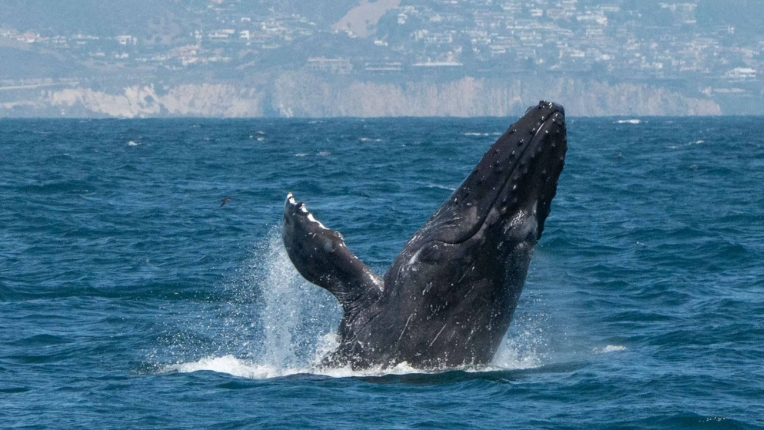Exploring the World’s Big Oceans: A Gateway to Our Planet’s Wonders
Oceans cover about 71% of the Earth’s surface, playing a critical role in regulating climate, supporting marine life, and providing resources. Understanding the world’s big oceans not only enhances our appreciation for nature but also underscores the importance of sustainable practices. Let’s dive into the largest oceans on our planet and discover what makes them unique.
The Pacific Ocean: The Largest and Most Diverse
The Pacific Ocean is the biggest ocean, stretching across approximately 63 million square miles. It is home to the deepest point on Earth, the Mariana Trench, which plunges about 36,000 feet below sea level. The diversity of marine life in the Pacific is astonishing, with thousands of species of fish, mammals, and coral reefs, making it a crucial area for biodiversity. Additionally, the Pacific plays a vital role in global weather patterns and is an essential source of resources, from fisheries to minerals.
The Atlantic Ocean: A Historical Trade Route
Covering around 41 million square miles, the Atlantic Ocean is the second-largest ocean and has been the site of significant historical events, including exploration and trade. The Atlantic connects North America to Europe and Africa, making it a vital shipping route for international trade. Its rich ecosystems, including the Sargasso Sea and the Gulf Stream, support diverse wildlife and have influenced cultural exchanges and economies for centuries. As climate change threatens its currents, understanding the Atlantic’s dynamics becomes increasingly important for future generations.
The Indian Ocean: A Strategic Gateway
The Indian Ocean, spanning around 27 million square miles, is the third-largest ocean and is often regarded as one of the most strategically significant. It connects the Middle East, Africa, and Asia, making it a crucial transit route for oil and natural gas. The Indian Ocean is known for its rich cultural heritage, with coasts that host various populations and languages. Additionally, its coral reefs and marine ecosystems serve as crucial habitats for numerous species. The challenges posed by overfishing, pollution, and climate change make it essential to protect this vital body of water for both ecological and economic reasons.
Conclusion: Dive Deeper into Ocean Awareness
The world’s big oceans are more than just vast bodies of water; they are dynamic ecosystems that are crucial for the health of our planet. By understanding their significance, we can advocate for better conservation practices and sustainable use of resources. To learn more about our oceans, explore local marine conservation initiatives or visit an aquarium. Every small step we take can make a difference in preserving these magnificent treasures for future generations.

